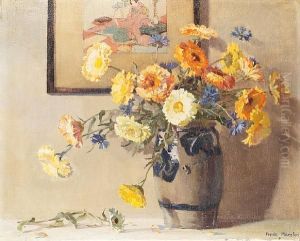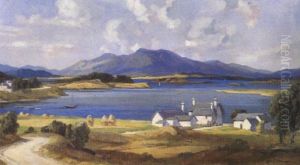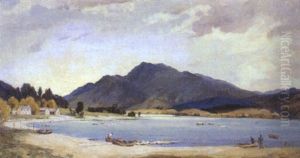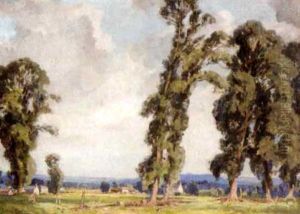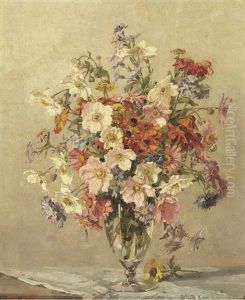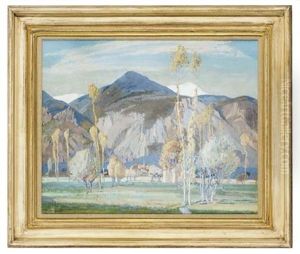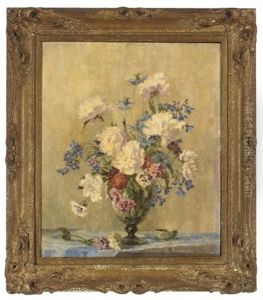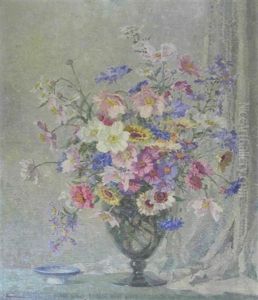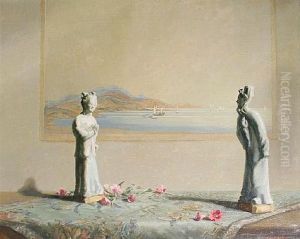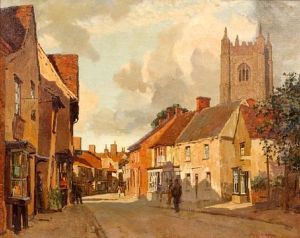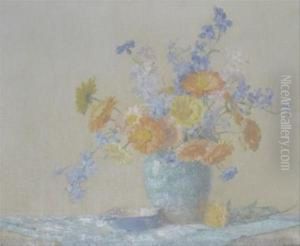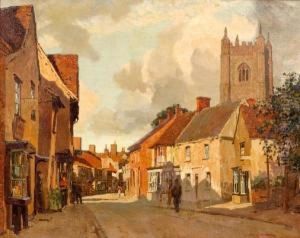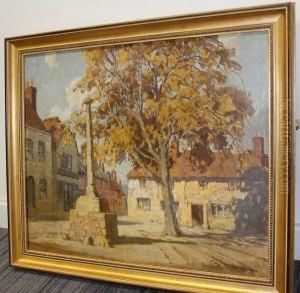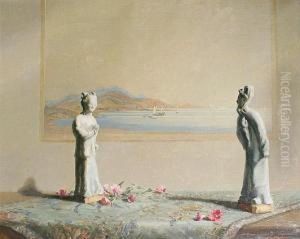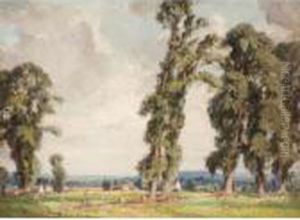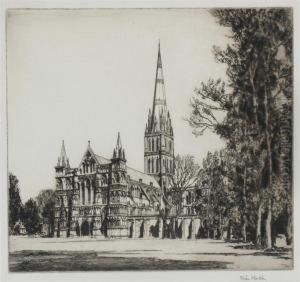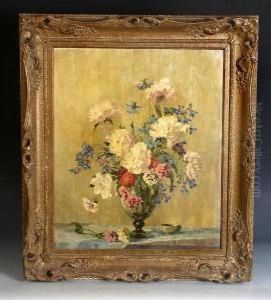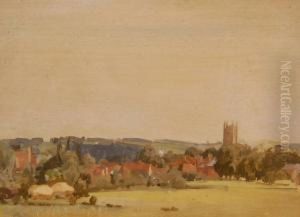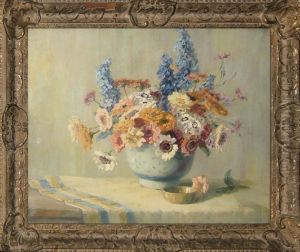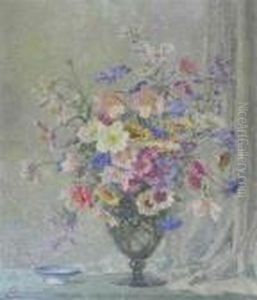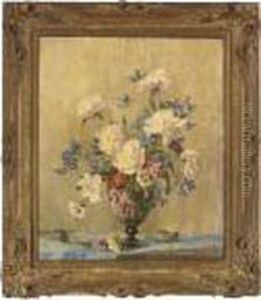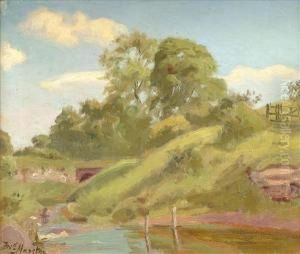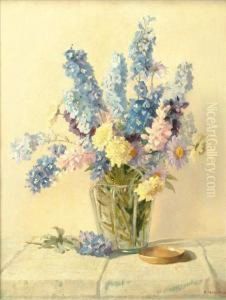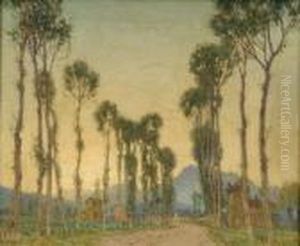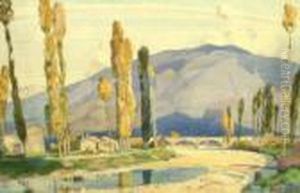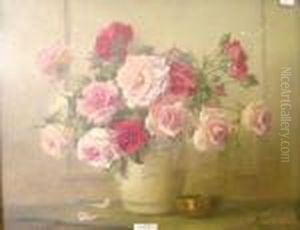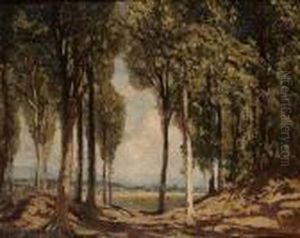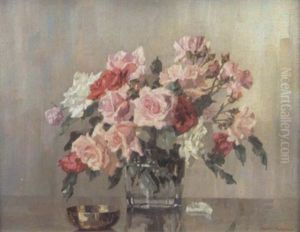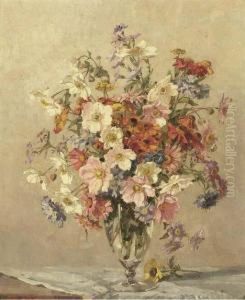Freda, Nee Clulow Marston Paintings
Freda Marston, born Freda Nee Clulow in 1895, was an English artist known for her contributions to the world of painting and sculpture. Her career spanned across the early to mid-20th century, a period marked by significant changes and challenges, including two World Wars. Despite these tumultuous times, Marston managed to carve out a niche for herself in the art world, distinguishing her work through a unique blend of traditional and modernist techniques.
From a young age, Freda showed a keen interest in art, a passion that was encouraged by her family. She pursued formal education in the arts, which was a significant step for women at the time, who were often relegated to the margins of professional artistic communities. Her education and early career coincided with a period of artistic experimentation and innovation in Europe, and she was particularly influenced by the movements of Impressionism and Post-Impressionism, which is evident in her use of color and composition.
In the 1920s and 1930s, Marston's work began to gain recognition. She exhibited her paintings and sculptures at various galleries, including the prestigious Royal Academy in London. Her subjects varied from landscapes and still lifes to portraits, the latter of which were noted for their depth and sensitivity. Marston's ability to capture the essence of her subjects was remarked upon by critics and peers alike.
Despite her talents and the acclaim she received, Freda Marston's career was often overshadowed by her male contemporaries. This was a common plight for female artists of the time, who struggled for recognition and opportunities. Nevertheless, Marston continued to develop her craft, experimenting with different materials and techniques throughout her career.
Freda Marston's legacy is that of a pioneering woman in the arts, who managed to make her mark in a male-dominated field. Her work continues to be celebrated for its innovation, beauty, and the unique perspective she brought to the art world. Marston passed away in 1949, but her contributions to the field of art remain influential, inspiring future generations of artists, particularly women, to pursue their passions in the face of adversity.
